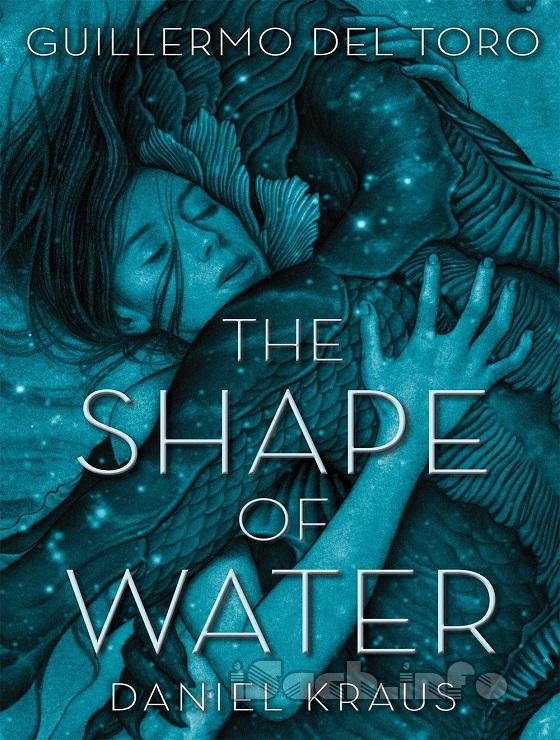Chapter 5
“E
xtraction,” mihalkov muses. “This is the word Americans use for teeth. A messy procedure. Bone and blood all over your bib. No, extraction is not part of the plan.”Hoffstetler is unconvinced at the rationality of his own idea. Who is to say the USSR won’t inflict baser tortures upon the Devonian than the US? But incertitude has matured into the better of two bad choices. Hoffstetler opens his mouth to speak, but the violinists hit a gap between songs and he snags hold of his breath. Their elbows swoop, and they’re off again, the horse hair of their bows swaying like broken cobwebs. Shostakovich: lavish enough to blanket a conversation of any degree of danger.
“With these plans,” Hoffstetler insists, “we can get it out of Occam in ten minutes. Two trained operatives is all I ask.”
“This is your last mission, Dmitri. Why do you wish to complicate it? The happiest of homecomings awaits you. Listen, comrade, to the advice I give. You are no man of adventure. Do what you are good at doing. Sweep up after the Americans like a good maid and hand over to us your dustpan of dirt.”
Hoffstetler knows he’s being insulted, but the jab lands without muscle. Lately he’s come to think that maids, specifically janitors, are more attuned to secrets than anyone on earth.
“It can communicate,” he says. “I’ve seen it.”
“So, too, can dogs. Did that stop us from shooting little Laika into space?”
“It doesn’t only feel pain, it understands pain, the same as you or I.”
“I am not surprised Americans are slow to acknowledge this. How long did they espouse that blacks do not feel the same pain as do whites?”
“It understands hand signals. It understands music.”
Mihalkov takes a shot of vodka and sighs.
“Life should be like carving up red stag, Dmitri. You peel the skin, you strip the meat. Simple and clean. How I long for the 1930s. Meetings on trains. Microfilm hidden inside ladies’ cosmetics. We transported objects we could touch and feel and know we were bringing home to the benefit of nashi lyudi. Vitamin D concentrates. Industrial solvents. Today our work is more like pulling bowels from a hole in the belly. We deal in untouchable things. Ideas, philosophies. No wonder you confuse them with emotion.”
Emotion: Hoffstetler pictures Elisa’s orchestration of the Devonian’s lights.
“But what is wrong with emotion?” he asks. “Have you read Aldous Huxley?”
“First music, now literature? You are a Renaissance man, Dmitri. Da, I have read Mr. Huxley, but only because Stravinsky speaks so highly of his work. Did you know his newest composition is a tribute to Mr. Huxley?” He nods at the violinists. “If only these novices could learn it.”
“Then you’ve read Brave New World. Huxley’s warning of sterile baby hatcheries, mass conditioning. Is this not where we are headed if we are not guided by what we know is the innate goodness of human nature?”
“The path from Occam’s fish to this future dystopia is a long and tiring one. You must not be so softhearted. If popular fiction is your hobby, may I suggest H. G. Wells? Let me tell you what Wells’s Dr. Moreau said. ‘The study of nature makes a man at last as remorseless as nature.’”
“Surely you are not defending Dr. Moreau.”
“Civilized men like to pretend that Moreau is a monster. But this is the Black Sea, Dmitri. We are alone. We can be honest with each other. Moreau knew that you cannot have it two ways. If you believe the natural world is good, then you must also accept its brutality. This creature you hold in such high regard? It feels nothing for you. It is remorseless. And so should you be.”
“Man should be better than monsters.”
“Ah, but who are the monsters? The Nazis? Imperial Japan? Us? Do we not all do monstrous things to prevent the ultimate monstrous act? I like to visualize the world as a china plate held aloft by two sticks, one the US, the other the USSR. If one stick rises, so must the other, or else the plate goes smash. Once I knew a man by the name of Vandenberg. Embedded in America, like you. Cockeyed with ideals, like you. He did not make it, Dmitri. He sank into a body of water that I am not at liberty to specify.”
Bubbles burp up from the lobster tank as if water, all water, had participated in swallowing Vandenberg. A subtle shift in the music’s signature: the violinists moving aside to allow the arrival of a waiter who, with a diffident bow, slides a plate of lobster and steak before Mihalkov. The agent grins, tucks his napkin into his collar, and arms himself with cutlery. Hoffstetler is glad for the distraction; he is rattled, but given what happened to this Vandenberg fellow, doesn’t believe it is wise to let Mihalkov know it.
“I serve at the pleasure of the Premier,” Hoffstetler says. “I pursue the asset only so we alone will know its secrets.”
Mihalkov cracks the lobster, dips white flesh in butter, chews in large, slow revolutions.
“For you, so loyal for so long,” he says from behind the food, “I will do this favor. I will ask about extraction. I will see what is possible.” He swallows, points his knife at Hoffstetler’s empty place setting. “Do you have time to join me? Americans have an amusing name for this dish. They call it ‘surf and turf.’ Look behind me. Choose the lobster that suits you. If you would like, we can take it to the kitchen, and you can watch it boil. They squeak a little, it is true, but they are so soft, so sweet.”



 ePub
ePub A4
A4